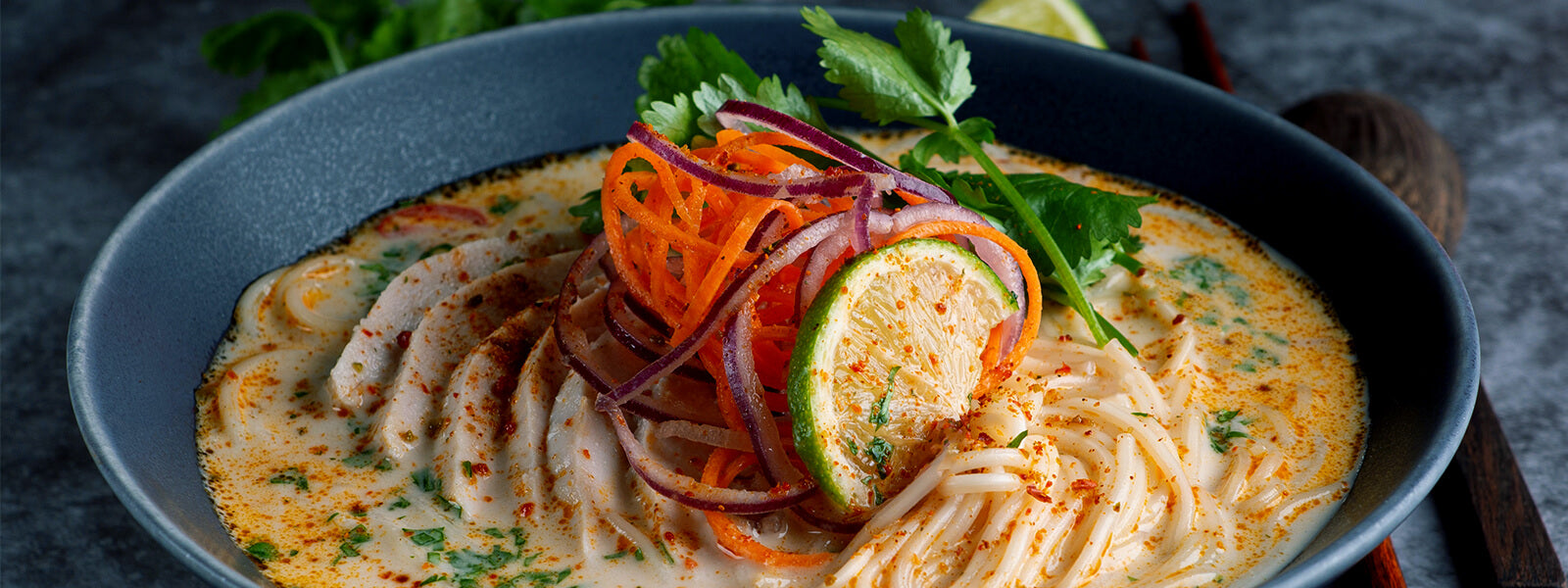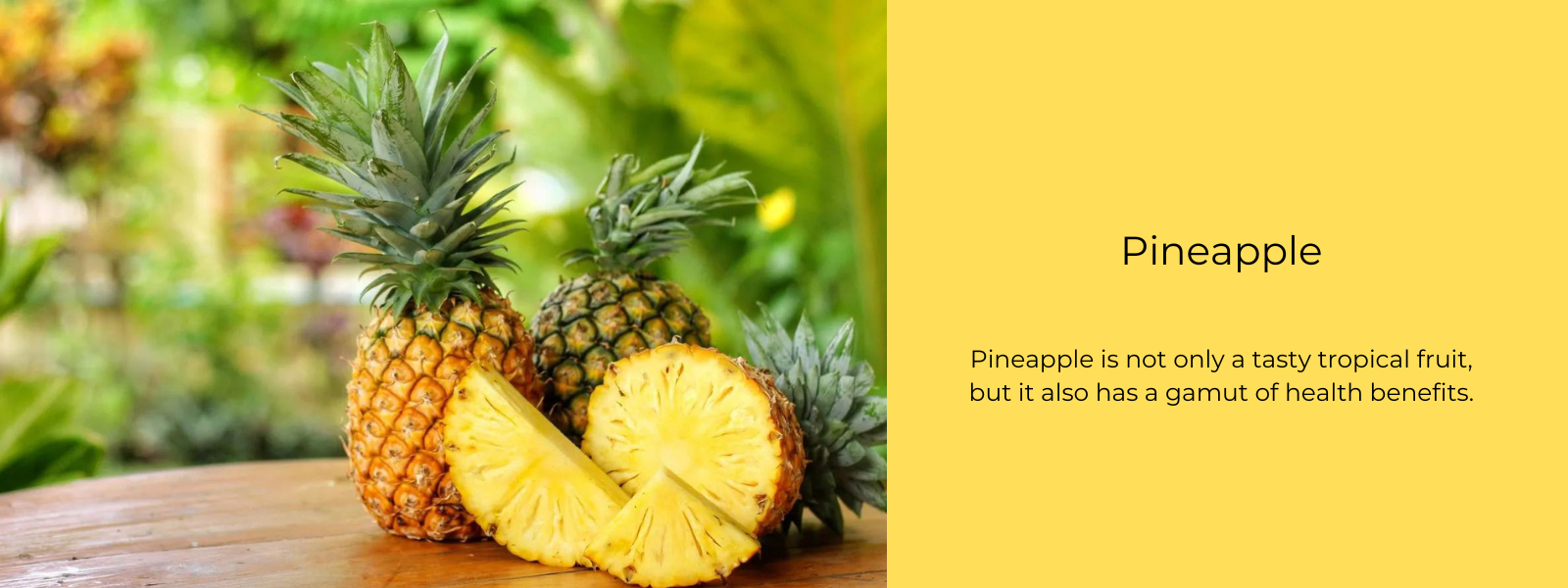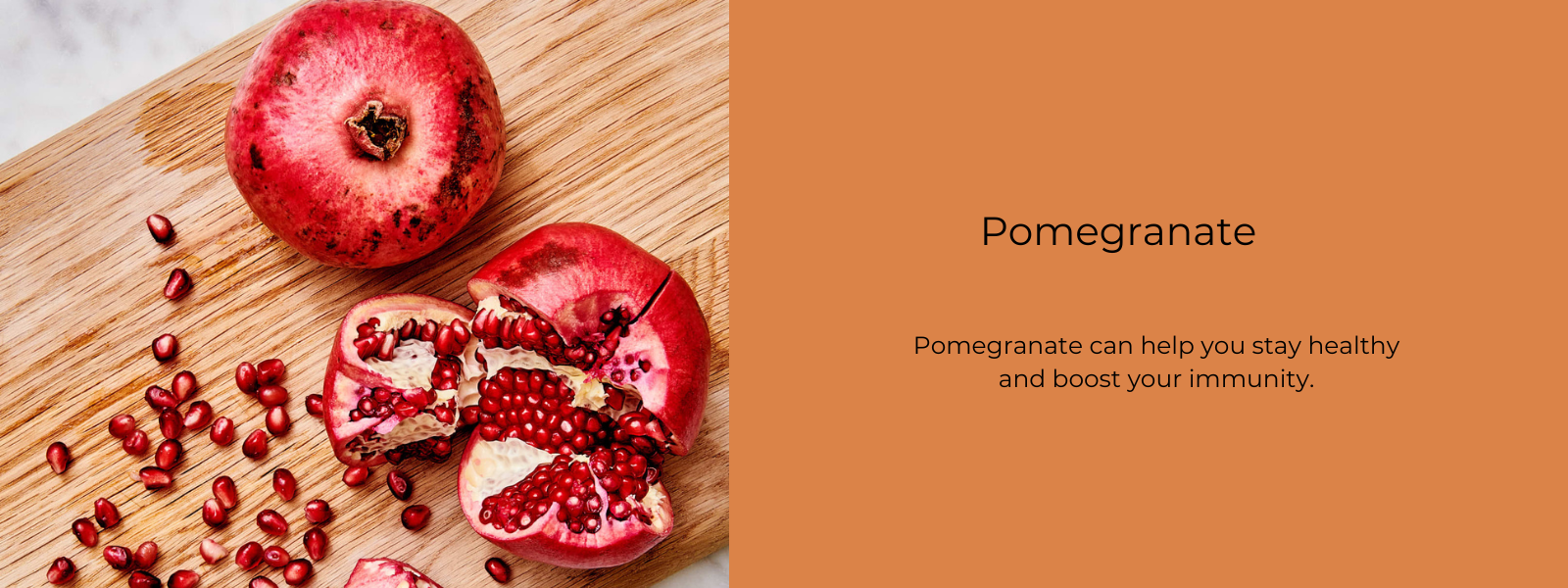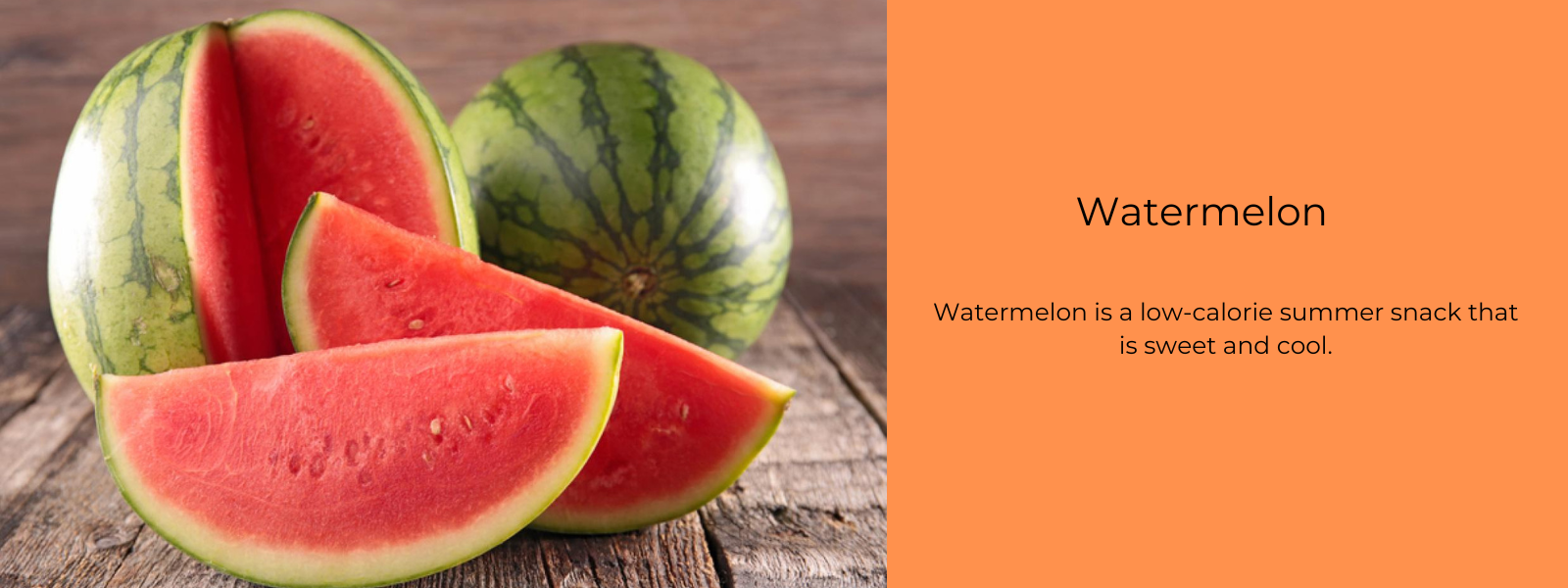Papayas, also known as papita in Hindi, are tropical fruits that are also called papaws or pawpaws. They are a popular fruit because they taste sweet, look bright, and have a lot of health benefits.
Papaya has green skin when it is young, but as it ripens, it turns orange. Papaya has a yellow, orange, or red flash. This long fruit that looks like a pear is full of black, bitter seeds. During pregnancy, you have to be careful about eating raw papaya because it has a lot of latex, which makes your uterus contract.
Papaya has an enzyme called papain that helps soften meat and is also used in chewing gum, toothpaste, shampoo, face creams, and beers.
Papaya can help prevent and treat a number of diseases and conditions that affect the digestive system, such as diuretics, nerve pain, and infections caused by parasites in the intestines.
Table of Contents
What is papaya?
The scientific name for papaya is Carica papaya. It has a sweet taste and a soft feel that many people like. The seeds can be eaten, too, but they are more bitter than the fruit.
Papaya comes from Central America. They grow best in tropical areas where it rains a lot but doesn't flood for long periods of time. Freezing temperatures may damage a papaya crop.
The people who lived there before Columbus ate papayas and used them as medicine. In the 1500s and 1600s, Spanish and Portuguese colonists took the seeds to the Philippines and India, both of which are tropical places.
Today, the best places to grow papaya are Hawaii, the Philippines, India, Ceylon, Australia, and tropical parts of Africa. There are still some small papaya farms in Central and South America.
Other names of papaya:
All over the world, people call papaya by many different names. It's called papita in Hindi and pawpaw in Australia. It is sometimes called a kepaya, lapaya, or tapaya in southern Asia. It is called "figueir des iles" in French, which means "fig of the islands." Papaya is also known as "melon zapote," "fruta bomba," and "mamona" in Spanish.
How to select and eat papaya?
When you buy a papaya, think about when and how you want to eat it. Papayas that are still green aren't ready yet, so they won't have the right taste or texture. Papayas that aren't ripe, on the other hand, can be cooked or eaten raw in some salads. Papayas that are riper have skin that is red or orange. You want it to feel just a little soft, but not too soft.
If you buy papayas that aren't ripe yet, store them at room temperature so they can ripen before you eat them.
When you are ready to eat the papaya, just cut it open, scoop out the seeds, and eat the orange inside. The skin and seeds are safe to eat, but most people don't.
Papaya is used in many recipes, such as:
- Papaya salsa
- Papaya jam
- Smoothies with papaya
- Papaya relish Fruit bowls with papaya Papaya salads
Nutritional value of papaya:
Papayas are a great source of Vitamin C, Vitamin A, Vitamin B, Vitamin E, and Vitamin K. They also have a lot of carbohydrates, proteins, and fibre.
Papaya is a nutrient-dense gift from nature because it has a good amount of calcium, manganese, potassium, copper, and magnesium, as well as a little bit of fat.
Papaya for weight loss:
In general, papaya doesn't have any qualities that would help you burn fat. But it has a lot of fibre and water in it. As a result, it can help make you feel full. Giving you a fuller feeling for a longer time. Papaya can be a snack in the evening or a part of your breakfast if you are trying to lose weight.
Papaya's high satiety keeps you full for longer, so you don't eat as many unhealthy snacks. This fruit is tasty and very healthy, so it's a great addition to your diet if you want to lose weight.
Papaya not only helps your body get rid of harmful trans fats and lipids, but it also gives you all-around nutrition that makes your body stronger from the inside out. Don't think too much, then. Just cut it up and eat it!
Can you eat papaya during pregnancy?
Yes, you can eat papaya during pregnancy if it is ripe. But unripe (green) or almost-ripe papayas aren't safe for pregnant women. That's because an unripe papaya is full of a substance called latex. Studies have shown that this concentrated form of latex may cause uterine contractions.
Health benefits of papaya:
- Papaya has an enzyme called papain that helps break down protein, and it also has a lot of fibre. When you eat papaya, it helps with constipation, bloating, and the symptoms of IBS (IBS). Papaya is good for stomach ulcers because its seeds, roots, and leaves are all good for them.
- This sweet fruit has just the right amount of carbs and calories, which give you energy right away.
- Papaya has a lot of powerful antioxidants, like carotenoids, that fight free radicals and keep you from getting many chronic diseases.
- Antioxidants in fermented papaya reduce oxidative stress caused by mild hypothyroidism, liver disease, diabetes, and Alzheimer's disease.
- The antioxidant lycopene in papaya lowers the risk of getting cancer and slows the spread of cancer.
- Papaya has a lot of vitamin C and lycopene, which improves HDL, or good cholesterol, and makes the heart healthier and less likely to get heart disease.
- Papaya is full of carotenoids, which are another type of antioxidant that lowers inflammatory markers. So eating papaya often lowers the risk of many long-term diseases that cause inflammation.
- Papaya is full of vitamins A, C, and lycopene, which fight free radicals that damage skin, slow the signs of ageing, and help skin recover from damage caused by the sun.
- Well-ripened papaya has a sweet taste all its own and is full of antioxidants and nutrients that are good for our health.











Leave a comment